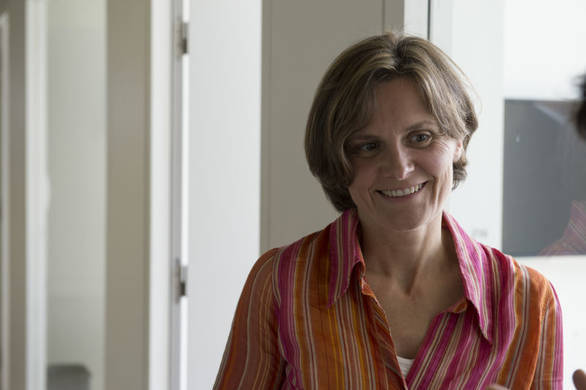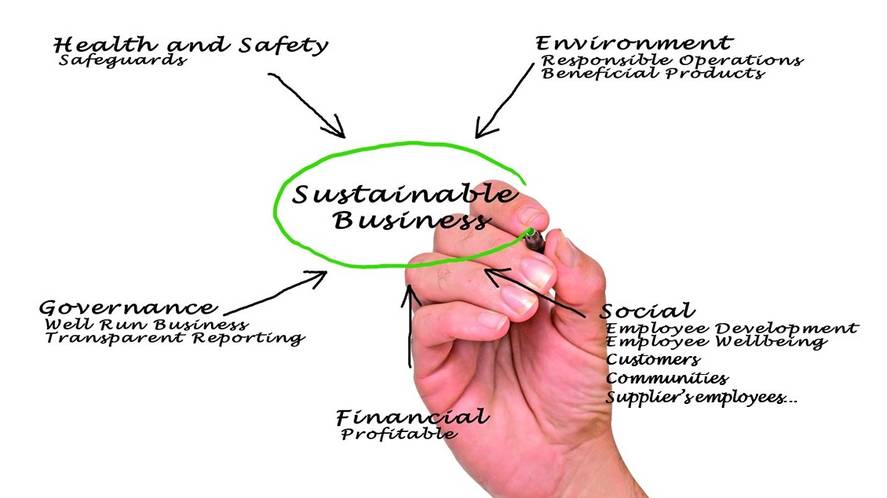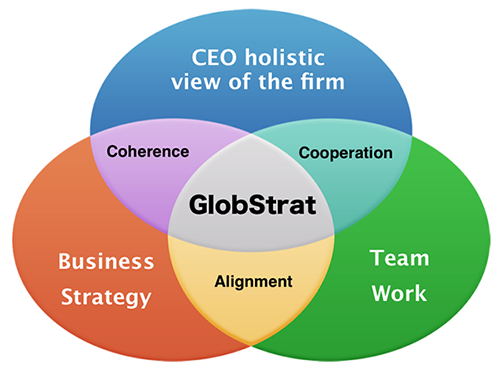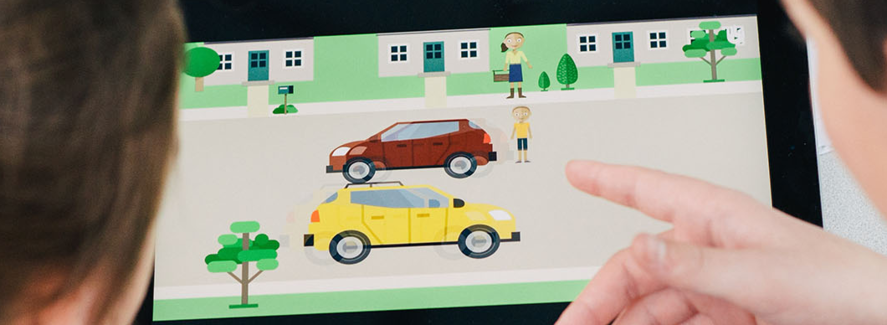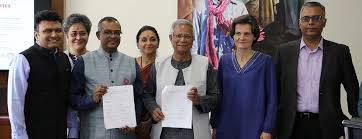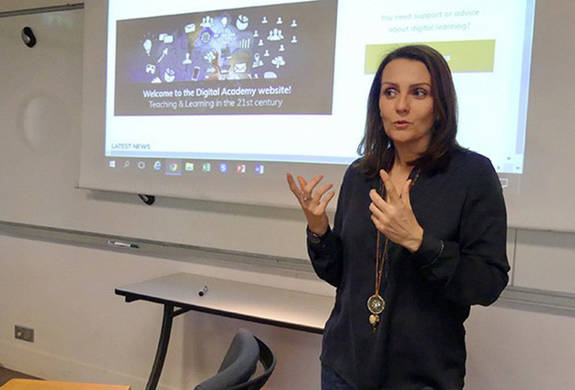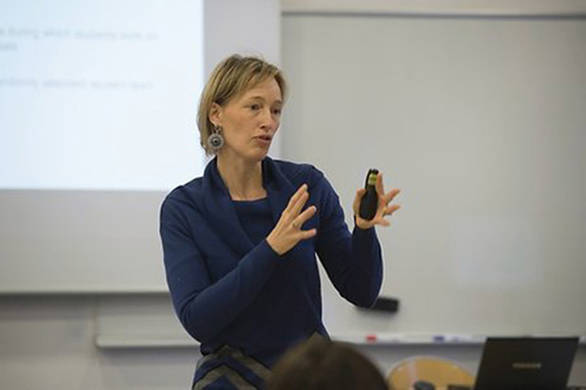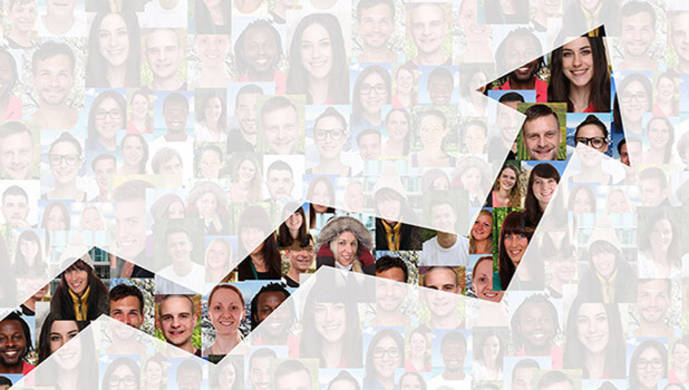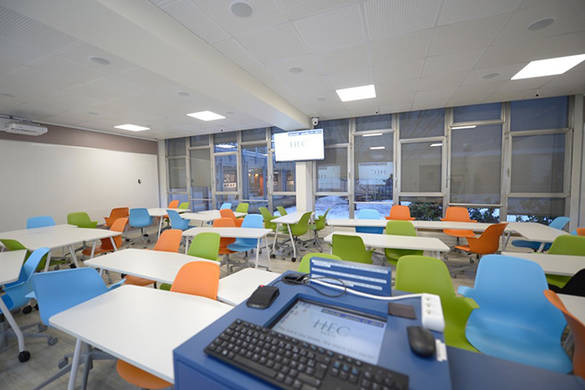As Executive Director of the Society and Organizations (S&O) Center, Professor Faivre-Tavignot is quick to note that she and other like-minded colleagues within HEC Paris are focused on promoting not only disruptive business models, but also a change of culture, based on more inclusive, low carbon and circular mindsets.
“Our mission is to train future generations to be more aware about today’s challenges and creative leaders, capable of reducing the negative externalities of their businesses and even creating positive value for all their stakeholders – shareholders of course and also customers, employees, suppliers, communities, and so on,” she explains. “If we succeed at this objective, together we will change our global society.”
Our mission is to train future generations to be more aware about today’s challenges and creative leaders, capable of reducing the negative externalities of their businesses and even creating positive value for all their stakeholders.
Embracing the world’s new vision of the role of business
"The recent yellow vest movement demanding social justice and the students strike for climate has triggered an awareness and a sense of urgency among decision makers. We are at a turning point, where businesses are being asked not only to be more ethical and responsible, but also to provide answers to today’s major issues by being part of the solution, not the problem. The growing awareness of the unsustainable state of our world in terms of challenges like climate change, resource depletion, and rising inequalities is resulting in new perceptions of the role of business,” says Professor Faivre-Tavignot, who also explains to her students that there will be no ecological transition without taking into account the social issues.
She points to the high visibility of these issues in public discourse today. “The ‘2030 Agenda’ set by the UN General Assembly outlines 17 Sustainable Development Goals (SDGs) and highlights the role of businesses in achieving those goals,” she says. “Another example is the new law, “Loi Pacte”, defined by the French government, asking firms to take into account the social interest of the companies and proposes to the ones that wish it to define their ‘raison d’être’ and put that purpose at the heart of their governance.”
Once you understand the mounting pressures and challenges,
continuing to do business as usual is no longer an option.
Lack of awareness, skepticism, and the question of financing
But not everyone is fully aware of today’s challenges or feels the same sense of urgency: “Some people genuinely believe that sustainable development and social problems are public sector issues and should remain purely the state’s responsibility. As highlighted by SDG 17, however, there is an urgent need for new partnerships and co-creation of new business models involving public actors, together with civil society and private companies.”
There is an urgent need for new partnerships and co-creation of new business models involving public actors, together with civil society and private companies.
“To overcome skepticism and lack of awareness about the need to change, our role is to create and develop new dedicated programs or courses (electives and also compulsory courses), and also to integrate social and environmental perspectives into core courses like finance, marketing, strategy, supply chain management, and so on.”
Using pedagogical innovation to make change happen
“To do so in an efficient and impactful way, we need to propose (or develop) innovative pedagogical approaches and materials such as new case studies, online programs, simulations, immersion and experiential learning, etc.,” says Professor Faivre-Tavignot.
Case studies: to explore how firms innovate and try to transform themselves, which is helpful to understanding the key success factors and complexity of these fast changes. We are currently writing a whole set of new case studies.
Online courses: to reach more students, in new and interactive, even playful ways. A school-wide compulsory course on sustainability would have been unthinkable just a few years ago, but this is exactly the plan for next year’s academic session. In 2019-2020, the aim is for all HEC Paris students to complete sessions in an online course on today’s largest social and environmental challenges, and on the transformations of corporations to tackle these issues. It seems that change truly is afoot!
Simulations: similar to business games, playful simulations challenge and stimulate students to increase awareness of environmental business models. It's about learning by virtual scenario, and in a fun and competitive way. As an example, this year, HEC Professor Van Delft offers a new simulation on how to integrate environmental constraints into supply chain management to 600 students.
On Strategy, we use the Triple Bottom Line Globstrat strategic management simulation. The learning objective of this game is that coherence is key to success and that triple (economic, social and environmental) performance is the condition for mid- and long-term competitiveness.
Scaling up inclusive business with immersion and experiential learning
“To develop their creativity and ability to design truly disruptive business models, we want to help students be more connected with reality and deepen their understanding of low-income people and societal needs,” says Professor Faivre-Tavignot. “To do so we have developed several programs that include a learning by doing part with both social enterprises and multinationals.
In the Inclusive & Social Business Certificate, for example, students focus on a specific social issue, immerse themselves a few days in a social business, and then try to contribute to a specific management question.
“Le Carillon” is one of HEC Paris’s social business partners. It is a French solidarity network that strives to make homeless people’s everyday lives easier, in particular by lessening their isolation and providing them with material support. Students worked on how to multiply the impact of one of their initiatives, la Cloche à Biscuits, by proposing a model of itinerant sales of biscuits by homeless people.
In the Summer School on Inclusive & Social Business, students co-create disruptive business models with HEC corporate partners. Last year, participants reflected on a challenge launched by Groupe Renault, a major French car manufacturer, to increase mobility in rural areas in Africa.
“The trend in business is to increase your social impact, while the trend in NGOs is to become more business savvy. We work with students and participants to build bridges between the two,” Professor Faivre-Tavignot explains. In addition to the immersive and experiential learning initiatives described above, the HEC Paris community connects with NGOs, philanthropic agencies, social enterprises, and traditional businesses via the organization of brainstorming sessions, internships, conferences, chairs, and other partnerships, which helps impactful initiatives to scale up – and multiplies the opportunities for truly innovative pedagogies within HEC Paris.
The trend in business is to increase your social impact, while the trend in NGOs is to become more business savvy. We work with students and participants to build bridges between the two.
Partnering with a top university in India
“The international dimension of social and inclusive business is very important to us, and to the S&O’s 5 corporate partners, all members of the Movement for Social*Business Impact (MS*BI) – Danone, Schneider Electric, Renault, Sodexo, and Veolia,” notes Professor Faivre-Tavignot. “We want to connect to the emerging world’s disruptive social business approaches.”
Hence this year’s partnership with the Ashoka University in India that received the support and collaboration of Nobel Peace Prize Laureate Muhammad Yunus, founder of the Grameen Bank and microcredit and microfinance pioneer. “We developed a social business initiative there: starting with an event at the French Embassy with Ashoka Univ people, Professor Yunus and more than 80 business people, to share about social and inclusive business. And the day after we moderated a 3-day program on inclusive business, with around 30 Ashoka Univ students. This class was composed both of theoretical courses and of a creative session led with Tata Steel, on how to conceive performant and inclusive business to provide access to solar cooling systems to small farmers in India.”
Useful articles:
Movement for Social * Business Impact Donors Encourage SnO Research on More Inclusive Global Economy
Have a Cause, Make an Impact: Students Lead Change On and Off Campus
S&O Launches New Tool to Measure Social Responsibility Impact
Inaugural HEC Impact Careers Day Hits Home
“Fact Impact Planet” awarded Best Pedagogical Initiative by HEC Foundation
